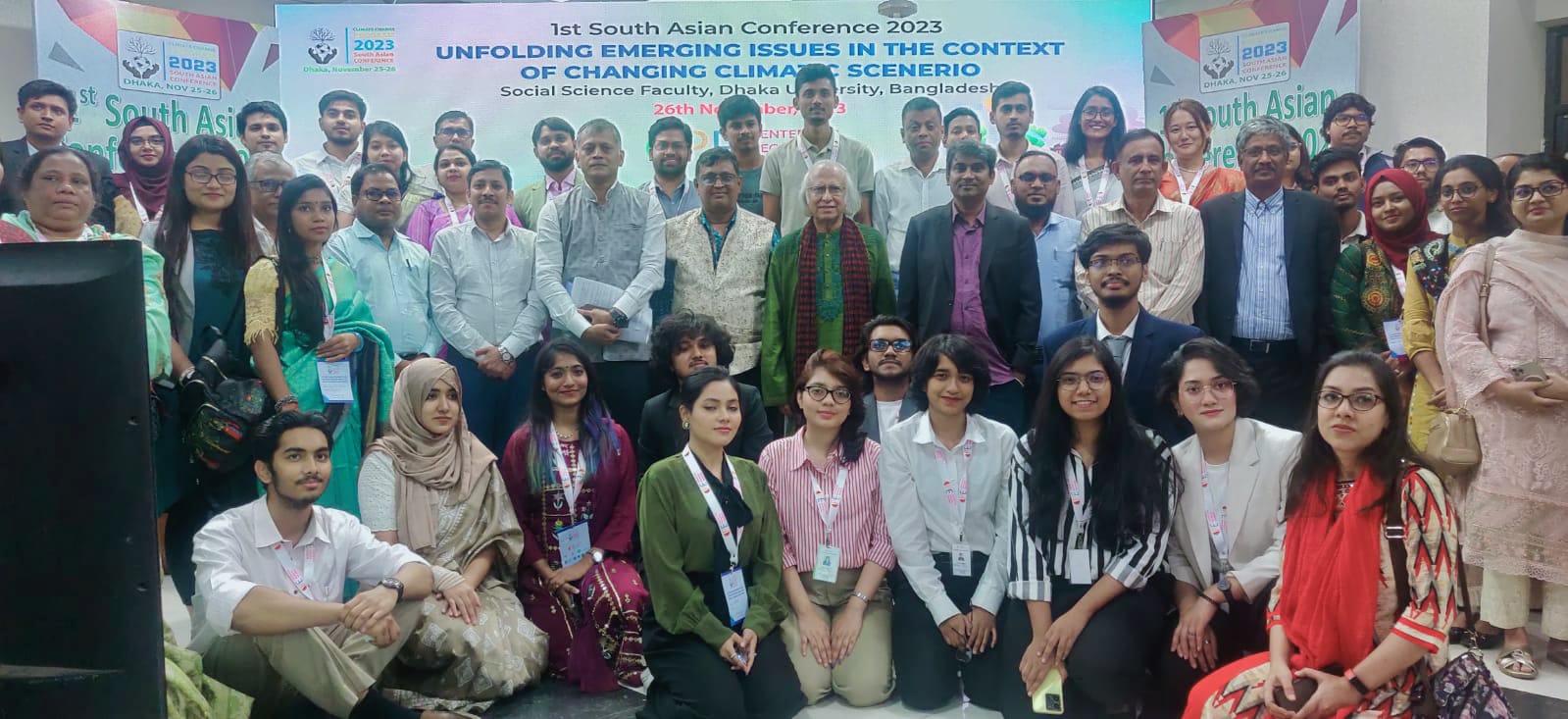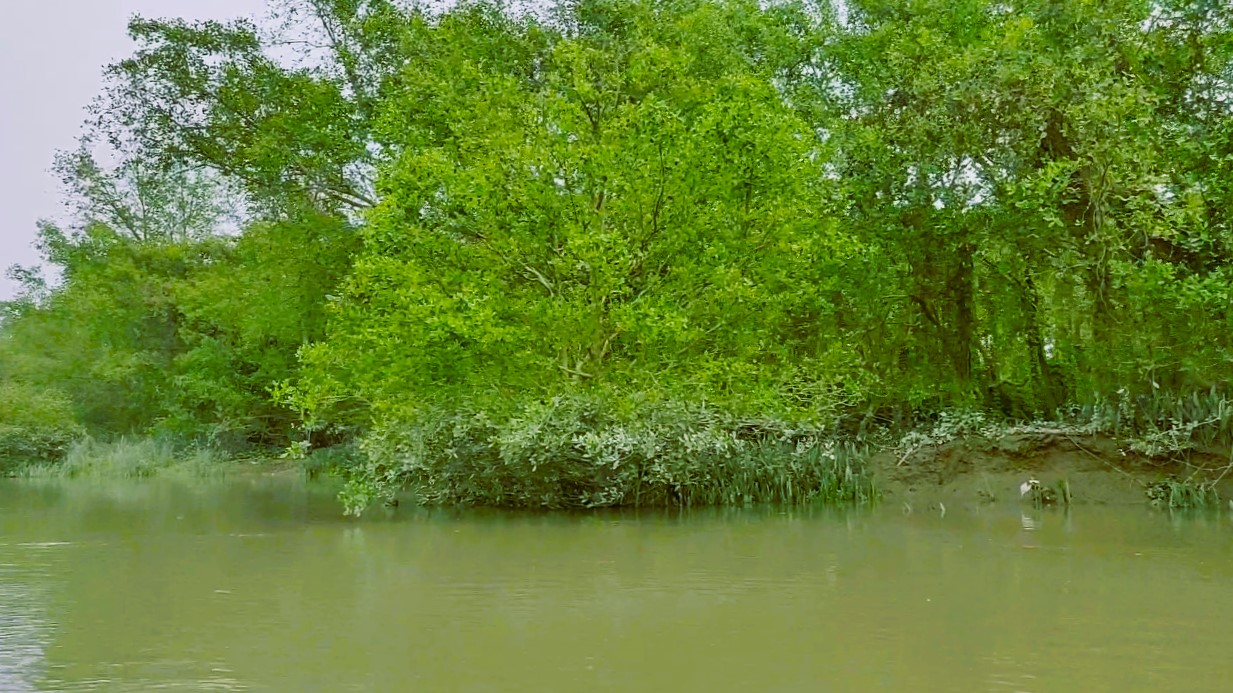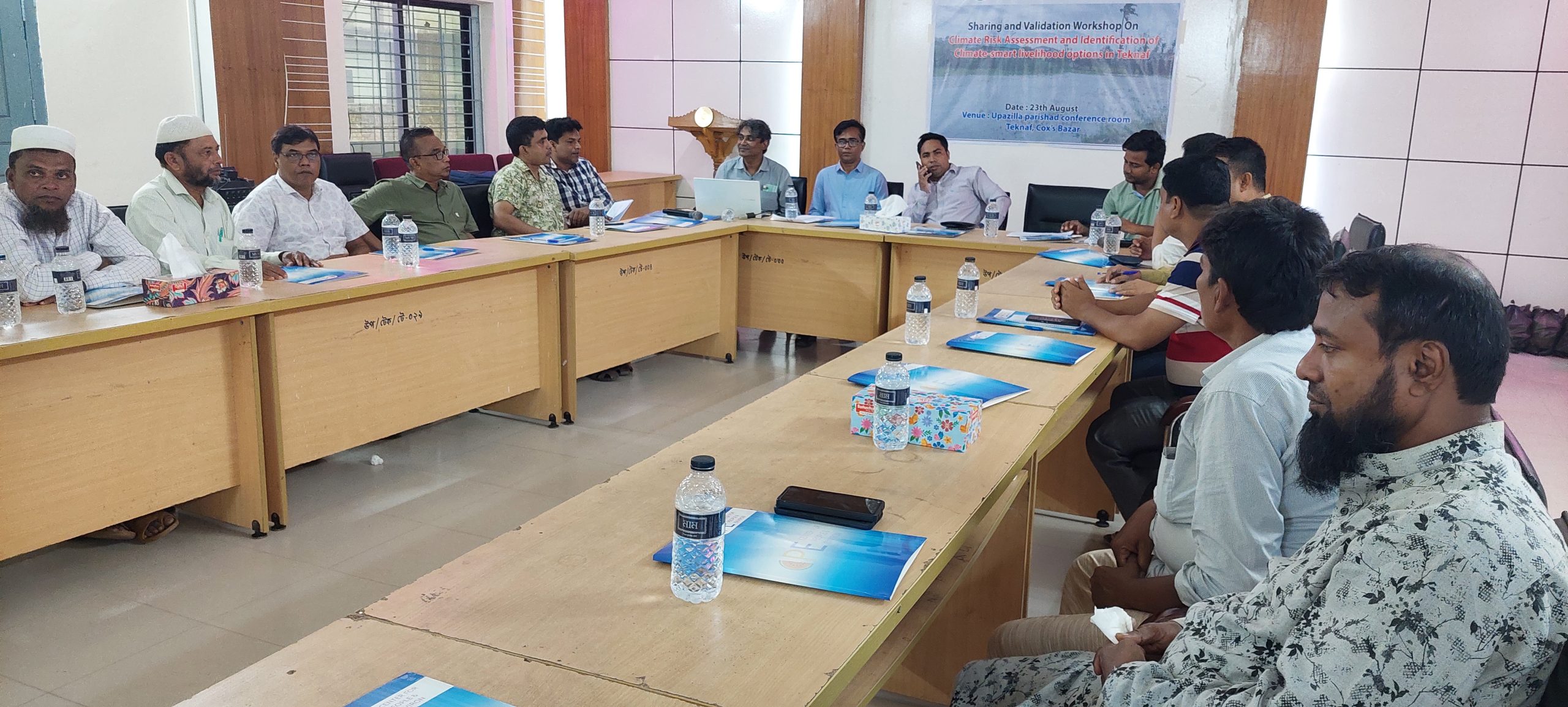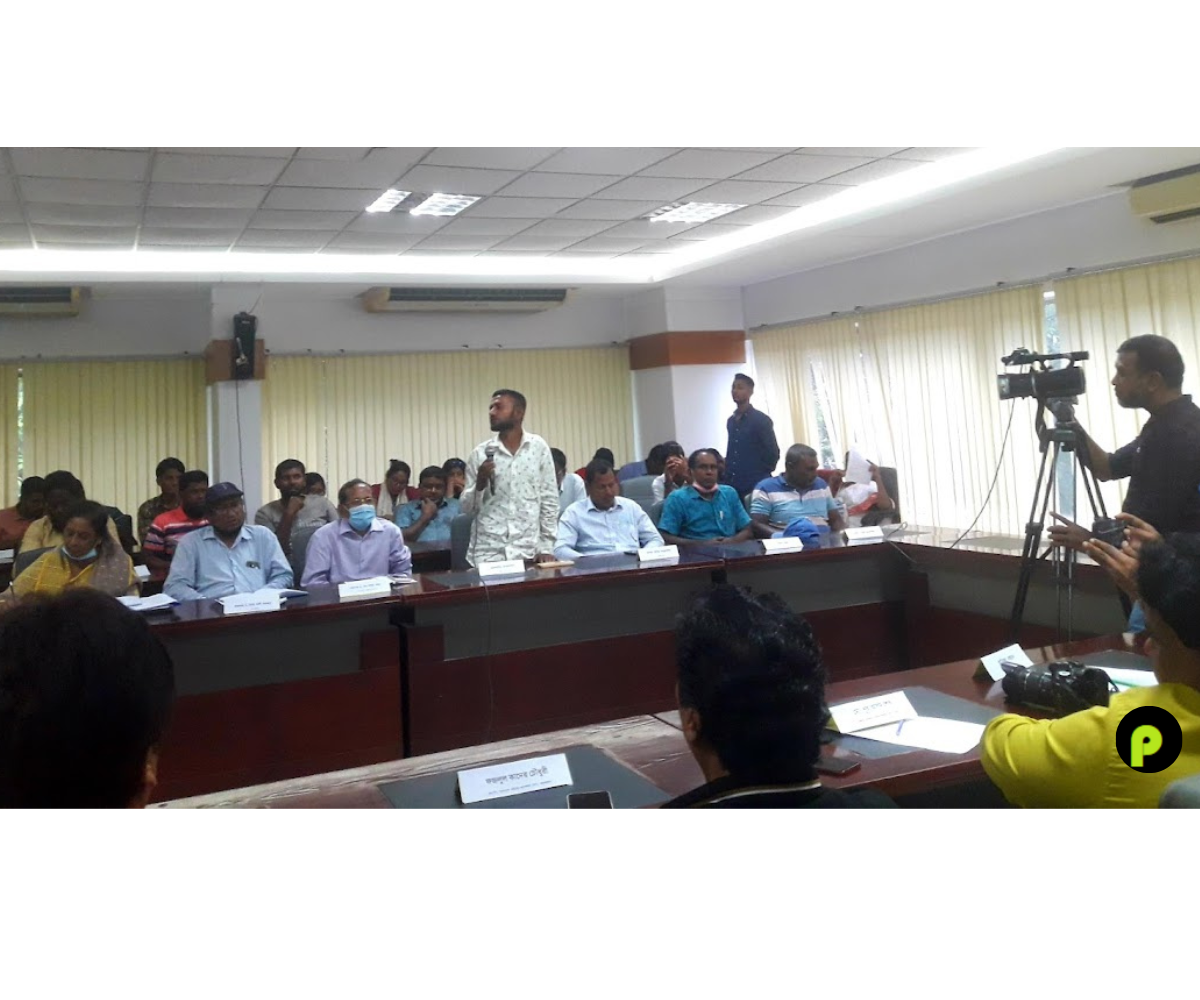
South Asian Research Hub can be an effective mechanism for South Asian Climate Resilience
Mizanur Rakib, Zereen Saba Center for People and Environ has organized the South Asian conference on “Unfloding emerging issues in the context of changing climatic scenarios” to open a window for South Asian young scholars and researchers which is a ground-breaking conference designed to address the crucial environmental issues that South Asian countries are facing as a result of climate change. Held over two days, on November 25-26 at Dr. Muzaffar Ahmed Choudhury Conference Hall, Social Science Faculty, University of Dhaka. The conference brought together more than 100 young researchers and early and mid-career scientists from across the South Asian region to delve into the pressing challenges posed by climate change. The eminent Academicians, researchers, policymakers, scientists, and activists from across the region gathered at the conference to discuss the complex interactions between climate change and its multiple effects on a range of sectors, including agriculture, water resources, public health, socioeconomic dynamics, gender inequities, renewable energy, resilient cities, migration and displacement, environmental education for the future, and food security. The conference also developed an early and mid-career research platform from South Asian countries as a “South Asian Research Hub” to promote a common agenda by developing scientific evidence, building capacity, knowledge co-creation, and science-policy integration as an utmost keen interest in resilient South Asia. Aranyak Foundation, Oxfam in Bangladesh, Global Forum for Sustainable Rural Development (GFRSD), Global Center for Climate Change and Environment, BARCIK, LEDARS, Daffodil International University (DIU) were the co-organizers along with Center for People and Environ. At the climate conference, researchers discussed several thematic issues related to the impact of climate change among South Asian countries, such as sustainable development goals, climate policy, sustainable urban development, renewable energy, climate-related migration and displacement of people, food security, climate education, and various issues related to the development of inter-connected among South Asian countries. A commitment was made to work together on solutions and the issues were seriously presented to this entire conference. Increasing extreme rainfall events (ERE) are observed over India and Bangladesh from July to September. The cropping pattern in Bangladesh is disrupted. Irregular timing of the monsoon causes the crop’s optimal time of growth to fall in jeopardy, only resulting in a rather worse harvest. Temperature and salinity of water are the challenges for the rice production. The risk of flood from 1974 got up to 12 times more for 2030’s conditions where Nepal & Bhutan are facing flood due to the glacier melting of the Himalayas. In the opening session of the conference, Muhammad Abdur Rahaman, Director of the Center for People and Environ delivered an inaugural speech. Mr. Rahaman said the Center for People and Environ has been developing young scholars from Bangladesh since the establishment of the organization. Dr. M. Monirul Qader Mirza, Adjunct Professor and Graduate Faculty Member, Department of Physical and Environmental Sciences, University of Toronto Scarborough delivered the conference keynote in the opening session. Dr. Mirza delivered his speech on “South Asian Research Hub for Climate Change: Rationale, Strategy, Framework & Roles.” He mentioned in his speech, a cross-border approach in the research fields to help the South Asian countries as a whole. He stated that increasing extreme rainfall events (ERE) are observed over India and Bangladesh from July to September. The cropping pattern in Bangladesh is disrupted. Irregular timing of the monsoon causes the crop’s optimal time of growth to fall in jeopardy, only resulting in a rather worse harvest. Temperature and salinity of water are the challenges for the rice production. The risk of flood from 1974 got up to 12 times more for 2030’s conditions where Nepal & Bhutan are facing flood due to the glacier melting of the Himalayas. He suggested that the future infrastructure for Climate Change and engineering should be implemented, i.e: the railway line from Beijing to Lhasa. In the north, agriculture and other economic activities are planned with more mitigation than in the south of India. In the opening session, the conference chair Tapas Ranjan Chakraborty mentioned that in South Asia, we need to share knowledge and imagination to come up with solutions to our environmental hurdles. In the inaugural session Mahmuda Sultana, Program Director, OXFAM in Bangladesh, in cyclone Amphan affected the entire coastal region by damaging people’s houses and livestock where the women suffered the most. Even non-economic Losses also happen due to climate change like the confidence of the community breaks down and their capability of communicating is lost. We also need to address the intersectional differences and bring them up front to work on. Discussant Dr. Jayanta Choudhury, President of, the Global Forum for Sustainable Rural Development (GFRSD) joined from India. He said the usage of bamboo reduces CO2 emissions. Dr. Mohammad Mohinuzzaman, Associate Professor, Department of Environmental Science and Disaster Management, Noakhali Science and Technology University encouraged research sharing data between the South Asian countries. The Chair of the inaugural session of the conference, Dr. M. Shahidul Islam, Chairman, Department of Geography and Environment, University of Dhaka mentioned in his concluding speech, that data sharing between neighboring countries in South Asia is very important to tackle climate change. He also said that we need to find out the hydrological definition of coastal areas. The conference held on six thematic areas: South Asian Commons., Sustainable Development Goals, Resilient Cities and Urban ecosystem, Climate Change (adaptation/ mitigation/ renewable energy, climate policy), South Asia Cooperation for Climate Action, Food, Security, and Education, Climate displacement, migration, human security, and disability inclusion. Three plenary sessions and a poster presentation session were on the 1st day of the conference. In six sessions of this two-day climate conference, 36 research papers and 5 poster presentations from young researchers discussed the problems and solutions of the above-mentioned main topics. Two discussants and a chair conducted each session. 1st plenary session was Coastal Resilience. In the session, Dabaraj Dey, keynote speaker, Engineering and Regional Planning Specialist, Climate Justice and Natural Resource Rights, Oxfam in Bangladesh presented his article “Empowering the Waves: Feminist Climate Movement Building Through…





